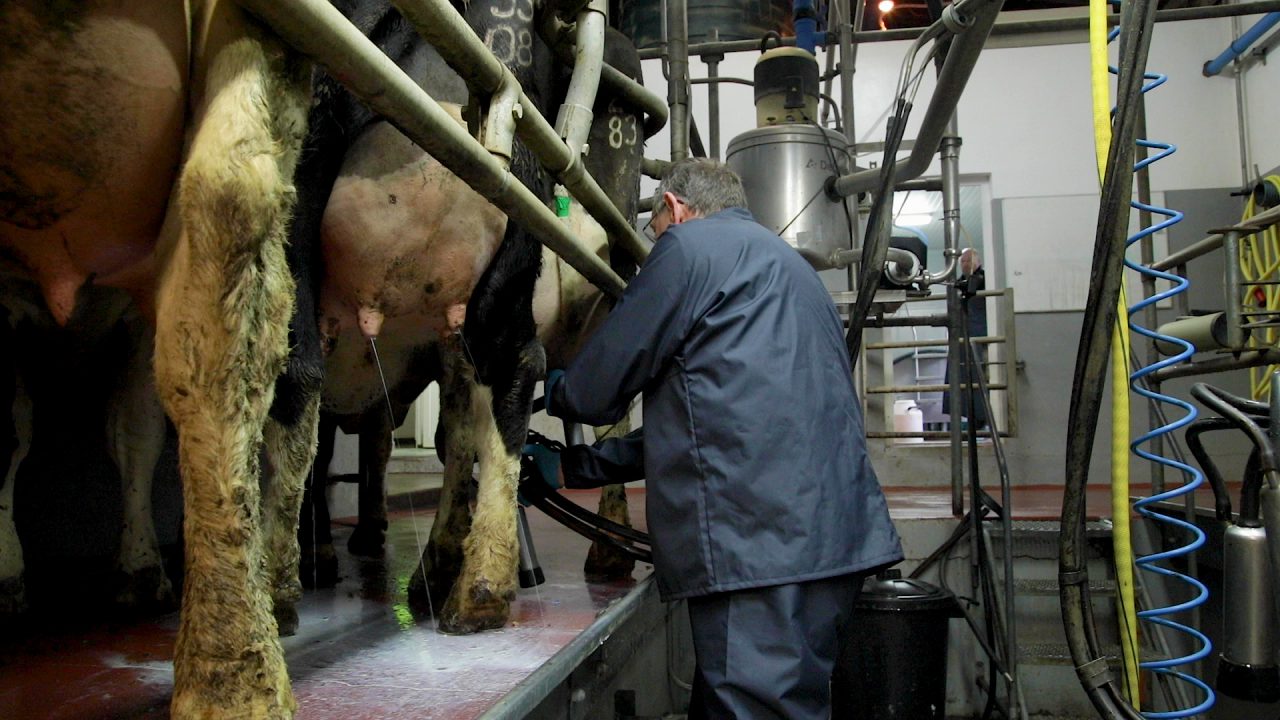The lack of a milk recording option in the eco-scheme has been described as a “completely fundamental error that will have to be rectified”, according to the Irish Creamery Milk Suppliers (ICMSA).
It was announced last week that further measures will be added to the eco-scheme – building on the five already confirmed – for farmers to choose from. Three of the original five measures have also been amended.
However, milk recoding is not one of the added actions, and this has met with criticism from the ICMSA.
Speaking following the announcement of the changes, ICMSA president Pat McCormack welcomed them, but highlighted the one measure which, in his view, is missing.
“It’s important that everyone realise that farmers aren’t being fooled here. Even after the introduction of eco-schemes many farmers are still taking a financial hit in terms of increased compliance costs and reduced payments. That’s just a fact,” McCormack highlighted.
“But it’s the omission of milk recording that is so glaring and has to be seen as a completely fundamental error. Minister [for Agriculture] McConalogue must reflect further on this omission and include it in the final document to be submitted under the CAP [Common Agricultural Policy] Strategic Plan [CSP],” he added.
The ICMSA president argued that milk recording would have been an opportunity to make progress on climate change, antimicrobial resistance and animal welfare. He called on the minister to reconsider and include such a measure in the scheme.
McCormack did welcome the new ‘banding’ approach to fertiliser reduction; as well as the amendments for tree planting, hedgerow planting and non-productive areas. He also welcomed the addition of the soil sampling and liming option, but called for it to be available for each of the five years of the scheme.
“The eco-scheme has been created by cutting all farmers’ payments by 25% at a time when we are facing escalating input costs and a barrage of often unnecessary regulation. This is the reality and we consider it absolutely essential that all farmers can achieve two options with the minimum regulation and cost,” McCormack added.
ICMSA on veterinary regulations
The ICMSA also welcomed the deferral of part of the veterinary medicine regulations and said that the deferral should apply to all the regulation to allow sufficient time to come up with practical and workable solutions for both farmers, vets and the suppliers of veterinary medicines.
The anti-parasitic part of the regulations has been deferred until June. The regulation had been set to come into force in January, at which point anti-parasitics would have required a prescription from a vet.
The ICMSA deputy president Lorcan McCabe said that the organisation “remains seriously concerned by complexities of a new system and the additional costs being imposed on the sector at a time when it is also facing many other challenges”.
McCabe insisted that the deferral for anti-parasitics should also apply to other veterinary medicines and thereby give time for the electronic prescription system , due to apply from January, to “identity and correct specific issues”.
“Just bluntly speaking, ICMSA does not feel that the sector is ready for such a change. We think there’s a need for further clarity on the requirements and farmers need to be given assurances that the new regime will be workable at farm level,” McCabe argued.
“That’s not the situation at present and we fear a great deal of confusion that could be alleviated by a deferral for all veterinary medicines until June while a workable and practical regime is finalised,” he added.
